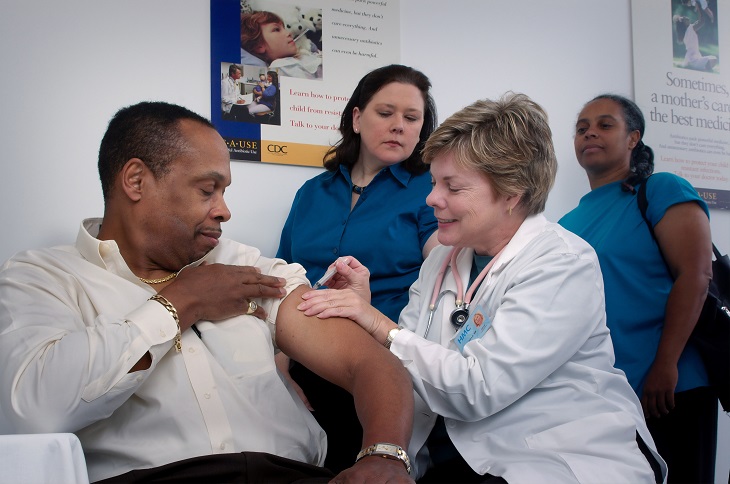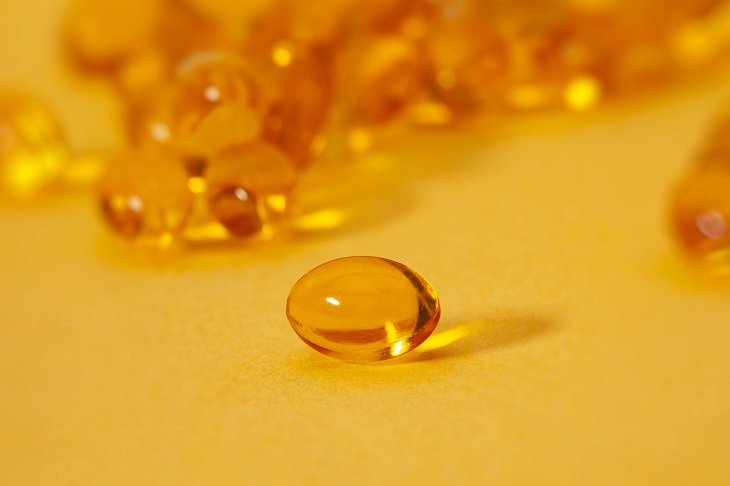The onset of the COVID-19 pandemic had medical professionals scrambling for answers. They needed to know what the virus was, what it was capable of, and how they could develop viable treatment as quickly as possible to keep the global population safe. Throughout the pandemic, many different claims have circulated surrounding possible treatments for COVID, many of which have become hot topics of debate.
With researchers now having had more time to study and investigate the virus, more research is shedding light on possible treatment options for people with an active COVID infection, as well as the lingering symptoms known as long COVID. Some studies have even looked at peptides and what they could do to help. But what are peptides, exactly, and is there any clinical evidence to support the potential use of peptides in the treatment of COVID?
What are peptides?
Peptides are naturally occurring short chain amino acids. They are linked by peptide bonds, and are considered short chain because they have less amino acids than proteins. Typically, peptides have anywhere from two to 50 amino acids. Amino acids are often referred to as the building blocks of protein because they actually form the nutrient.
What do peptides do in the body?
Naturally occurring peptides have their own roles in the body and are found in every single cell or tissue. They can act as messengers to carry information throughout the body from blood to tissues.
There are many different types of synthetic peptides as well. Each type will play a different role in the body, and thus is important for its own special reason. For example, collagen peptides, perhaps one of the most well-known peptides, are associated with making collagen, which is protein found in the skin. These are often used in the beauty and health industries to help people with skin and joint health.
There are also peptides known as AMPs that have antimicrobial properties and play a role in the health of the skin. AMPs can also fight bacteria in the body and promote the fast healing of wounds. Other peptides such as creatine can help build muscle mass.
Is there a drug treatment for COVID-19?
Although many different drugs are being tested to treat COVID-19, FDA approval of these drugs is scarce. One specific drug to which the FDA has given the go-ahead is remdesivir, which is a type of antiviral medication that is administered intravenously. This medication is typically reserved for people who are hospitalized due to COVID-19 and is not used for those with less severe forms of the illness.
Many other drugs have been investigated for their effectiveness against COVID-19, with studies finding little are no evidence that they are beneficial. That being said, these studies have given medical researchers the chance to perform follow-up studies that may be beneficial in finding a treatment that works for both mild and severe COVID-19 infections.
Are there peptide drugs for COVID?
Research over the last couple of years surrounding peptides and COVID-19 has been lengthy, and some studies have found a strong connection between the viability of peptides and treating COVID-19. That being said, the type of peptide is important – not just any peptide will do.
One particular study looked at specific peptides that had antiviral properties, such as mucroporin-M1. The research found that this peptide did have some viability as an anti-viral against a COVID infection by way of disrupting the viral envelope.

Antiviral peptides and COVID-19
Other peptides have also been studied to see if they were effective against COVID. It was later found that when certain peptides are used in the battle against COVID-19, they can act as virus protein inhibitors. This type of effect is driven by the peptides’ ability to stop a virus replicating in other cells, thus causing the infection to eventually die down.
Another remarkable effect of certain peptides that have antiviral properties is their ability to modulate the immune system, making it more effective against the virus. The effect on the immune system can also stop it from working too hard – when this happens, it can lead to an overabundance of pro-inflammatory cytokines; a cytokine storm can then occur, which is a dangerous phenomenon in which the body begins attacking itself.
Cell death can also occur in people with viral infections such as COVID-19, and the study mentioned above found that using certain peptides may prevent that cell death and reduce the chances of organ failure.
While the preliminary research surrounding peptides is promising, more needs to be done to ensure that there is a common conclusion across the board that peptides can be used as a viable treatment option against COVID. Currently, research is continuing to consider peptides at the forefront of COVID-19 treatment. Peptide treatment may end up providing some light at the end of a very long COVID tunnel that helps the world return to normalcy.


